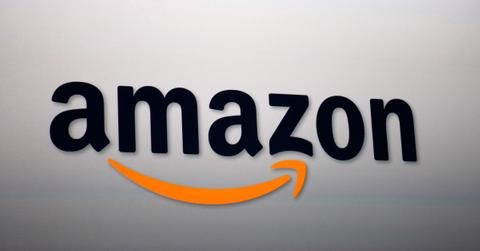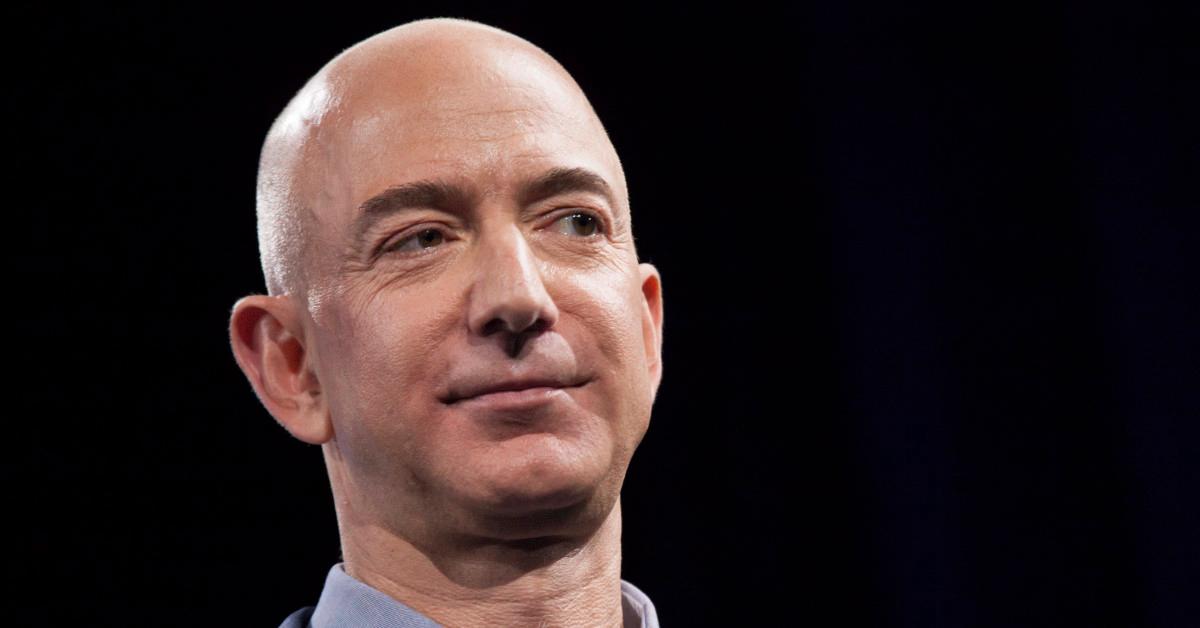Amazon (Finally) Had to Pay Federal Taxes in 2020
How does Amazon not pay taxes? The global retail company avoided paying federal income taxes for two years, despite huge gains in profit. Learn more.
March 11 2021, Published 4:02 p.m. ET

If you haven’t realized how Amazon manages not to pay taxes, consider this March 1 tweet from Gravity Payments CEO Dan Price: “As a small business owner, I pay more in federal income taxes than Amazon, which is worth $1.6 trillion more than my business.”
Price, the same businessman who famously cut his salary by a million dollars in 2015 to pay his employees a minimum wage of $70,000, went on: “So what would really help small business owners like me compete with big corporations? Tax them.”
How did Amazon not pay taxes?
In 2018 and 2019, Amazon paid $0 in federal taxes, despite its taxable income rising from $5.6 billion in 2017 to $11.2 in 2018, according to CNBC. In fact, the retail giant got a federal tax refund of $129 million in 2019.

Amazon CEO Jeff Bezos
“For those who don’t have a pocket calculator handy, that works out to a tax rate of negative 1 percent,” the Institute of Taxation and Economic Police pointed out in a report. “The fine print of Amazon’s income tax disclosure shows that this achievement is partly due to various unspecified ‘tax credits’ as well as a tax break for executive stock options.”
The ITEP report also said that the Tax Cuts and Jobs Act of 2017 failed to “close a slew of tax loopholes that allow profitable companies to routinely avoid paying federal and state income taxes on almost half of their profits.”
Amazon did note in a corporate filing, though, that it would pay $756 million for state and international taxes in 2019, according to CNBC.
How much did Amazon pay in taxes in 2020?
Amazon couldn’t get out of paying federal taxes in 2020: The company had to pay $162 million in federal income, or about 1.2 percent of its $13.9 billion of pre-tax income, as CNBC reported at the time.
That 1.2-percent tax rate is a far cry from the 21-percent federal corporate tax rate, though, and CNBC speculates that the company again used tax credits and deductions to avoid most of its tax burden.
Amazon’s tax bills have come under fire in recent years. In 2020, U.S. Senator Bernie Sanders (I-Vt.) tweeted, “If you paid $12.99 a month for an Amazon Prime membership, you paid more to Amazon than it paid in federal income taxes over the past 3 years combined — after making nearly $30 billion in profits. Yes. It’s time to make corporations pay their fair share of taxes.”
And in 2019, then-presidential candidate Joe Biden tweeted about Amazon’s $0 tax bills. “I have nothing against Amazon, but no company pulling in billions of dollars of profits should pay a lower tax rate than firefighters and teachers,” he wrote at the time. “We need to reward work, not just wealth.”
Replying to Biden’s post, Amazon tweeted: “We’ve paid $2.6 billion in corporate taxes since 2016. We pay every penny we owe. Congress designed tax laws to encourage companies to reinvest in the American economy. We have. $200 billion in investments since 2011 and 300,000 US jobs. Assume VP Biden’s complaint is with the tax code, not Amazon.”
